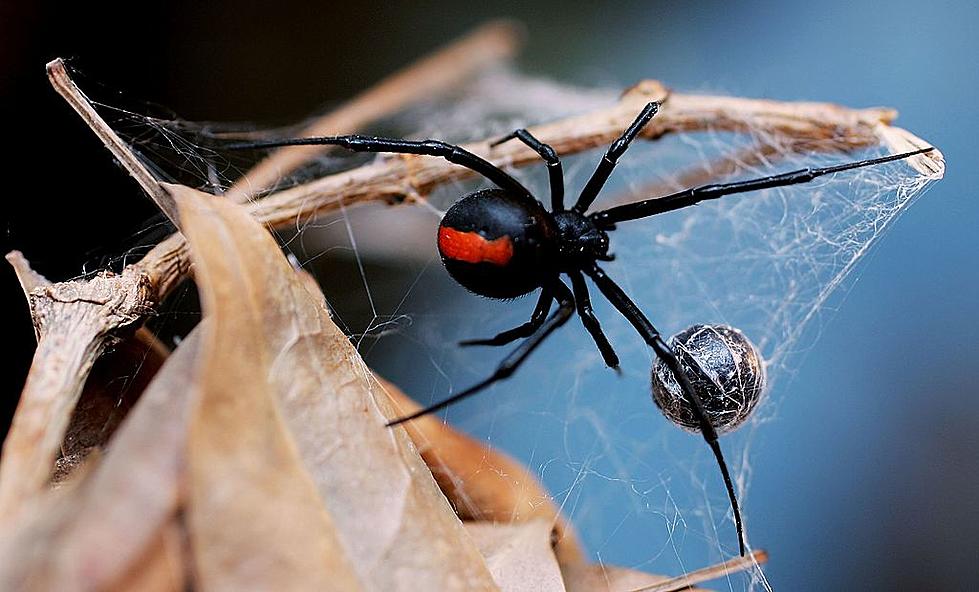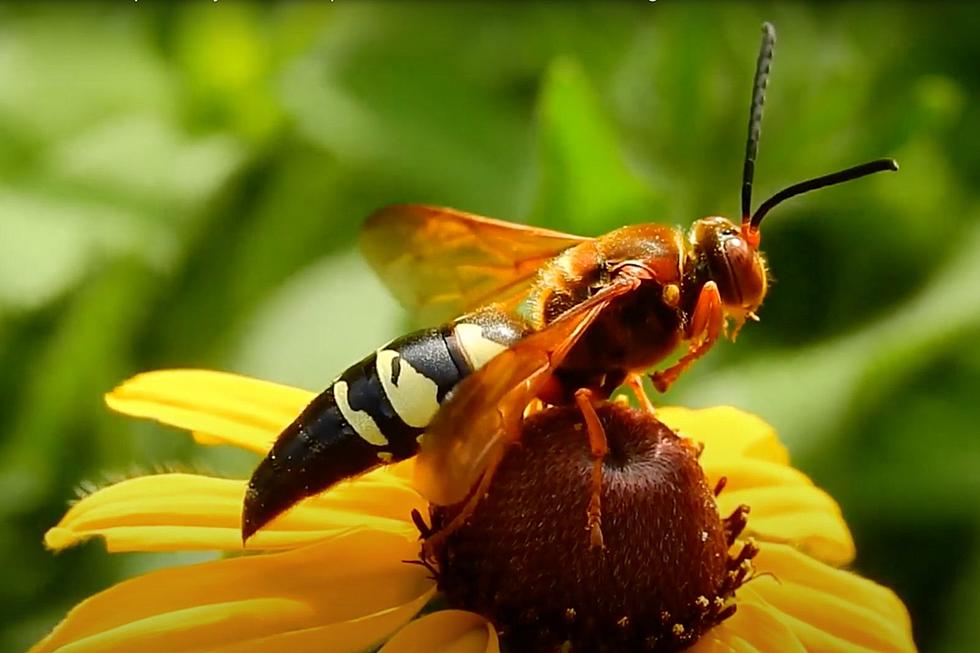
Massachusetts Has Some Wicked Nasty Spiders and Wasps
Nothing will ruin your day faster than a sting or a bite from a creepy crawly thing. Spiders and other pests are lurking everywhere in New England – and some of them are vicious little critters.
Massachusetts has black bears, whose numbers and range are expanding. Coyotes could pose a problem for your pets. Don't forget about the snakes, several of which are venomous.
If that is not enough to keep you looking over your shoulder as you head out of doors this summer, let me tell you about the biting spiders and stinging wasps just waiting for you to emerge from your winter hibernation.

Four of New England's most poisonous and venomous critters are found all over the six-state region, including Massachusetts and Rhode Island.
CatseyePest.com says, "Residents and those visiting the Northeastern region of the United States must be cautious of venomous insects, four different species specifically."
Two of the four "insects" are not insects by definition, but they are cousins – and they are mean.
The nastiest of the lot is the yellowjacket wasp, says Catseye, "an aggressive and venomous stinging insect." The yellowjacket is generally visible during the day between June and October. Cold temperatures kill the workers, but the queen will hibernate and return in the spring.
Yellowjackets will often attack in swarms and sting multiple times.
Another peach is the bald-faced hornet which is not a hornet but another type of yellowjacket. Also known as the white-faced hornet, it will sting but can also dispense a poisonous spray into the eyes and faces of its victims.
The brown recluse spider is not native to the northeast. These spiders are most active from April to October. They like dark spaces such as attics, shoes, bed corners, garages, sheds, and other tight hiding places.
Catseye.com says the brown recluse spider "is not aggressive and only attacks if it feels threatened."
Then there is the black widow spider, rare to New England, but they "have been reported in Connecticut, Massachusetts, Rhode Island, and southern parts of Vermont." Wherever there are flies, there could be a black widow spider.
A bite from a black widow spider can result in "nausea, vomiting, stomach and chest pains, muscle cramps, rashes, and increased blood pressure." Their bite is sometimes fatal.
Catseye.com provides more information about each of these dandies, what symptoms you might suffer if they snag you, and what you should do if you encounter them.
25 Ways To Get Rid of Spiders In Your Home
Here's a List of All the Snakes Native to Massachusetts (Two Can Kill You)
More From WBSM-AM/AM 1420









